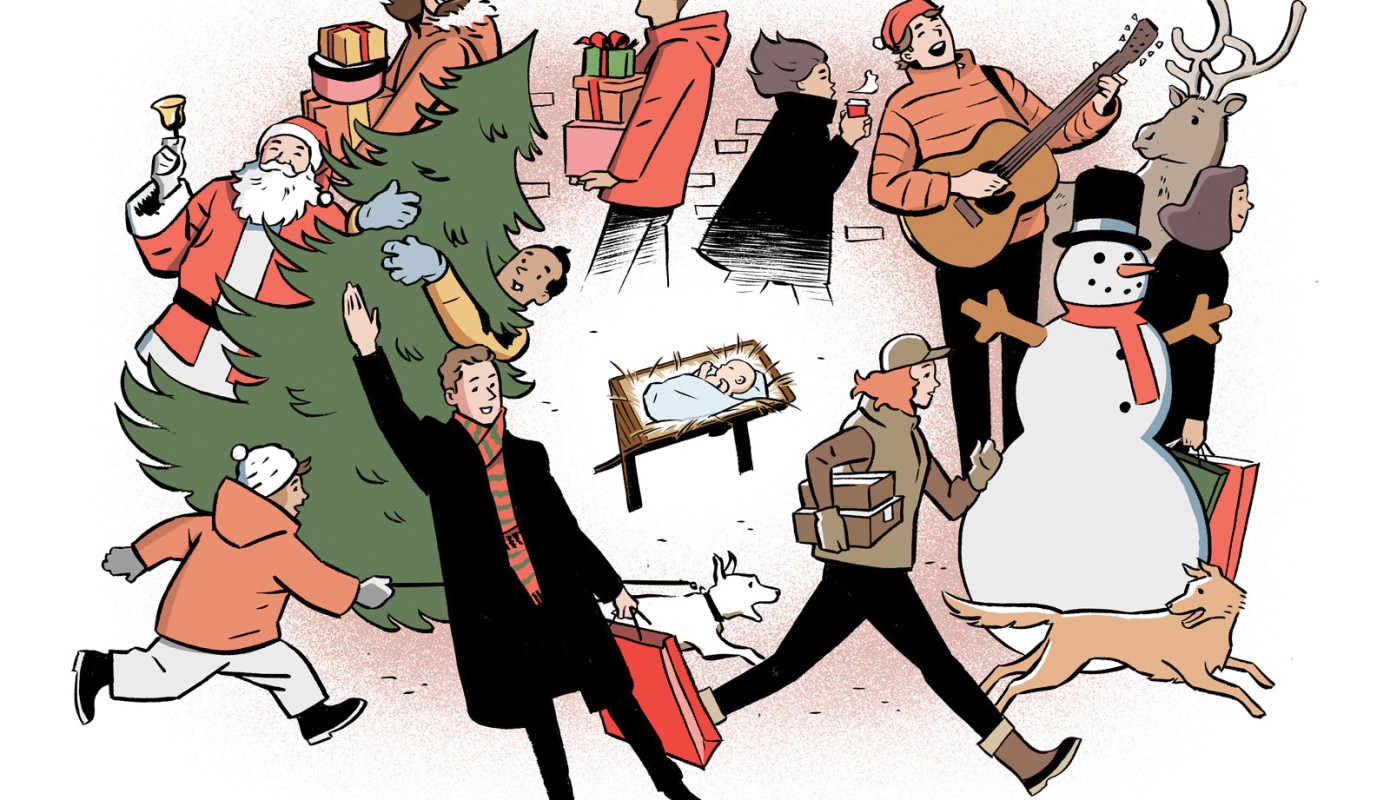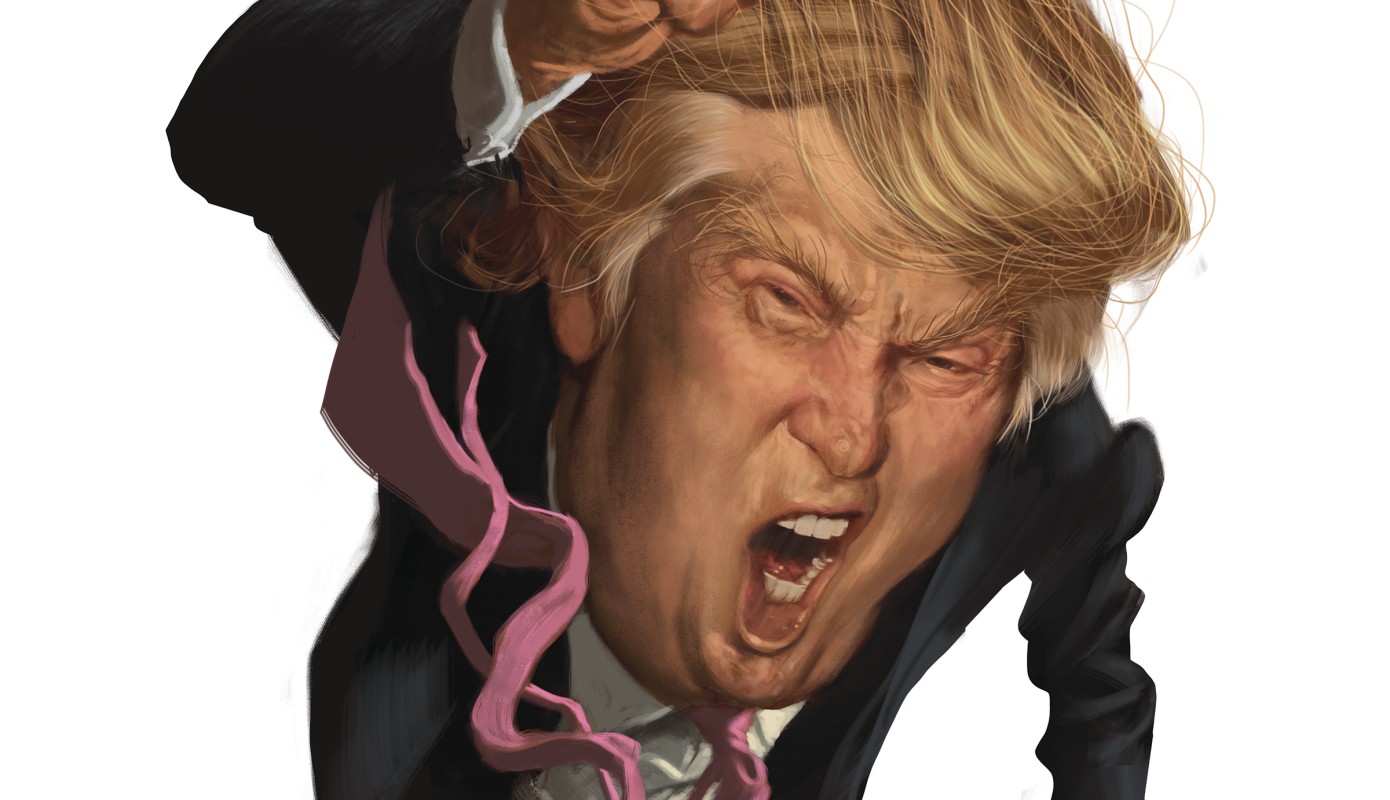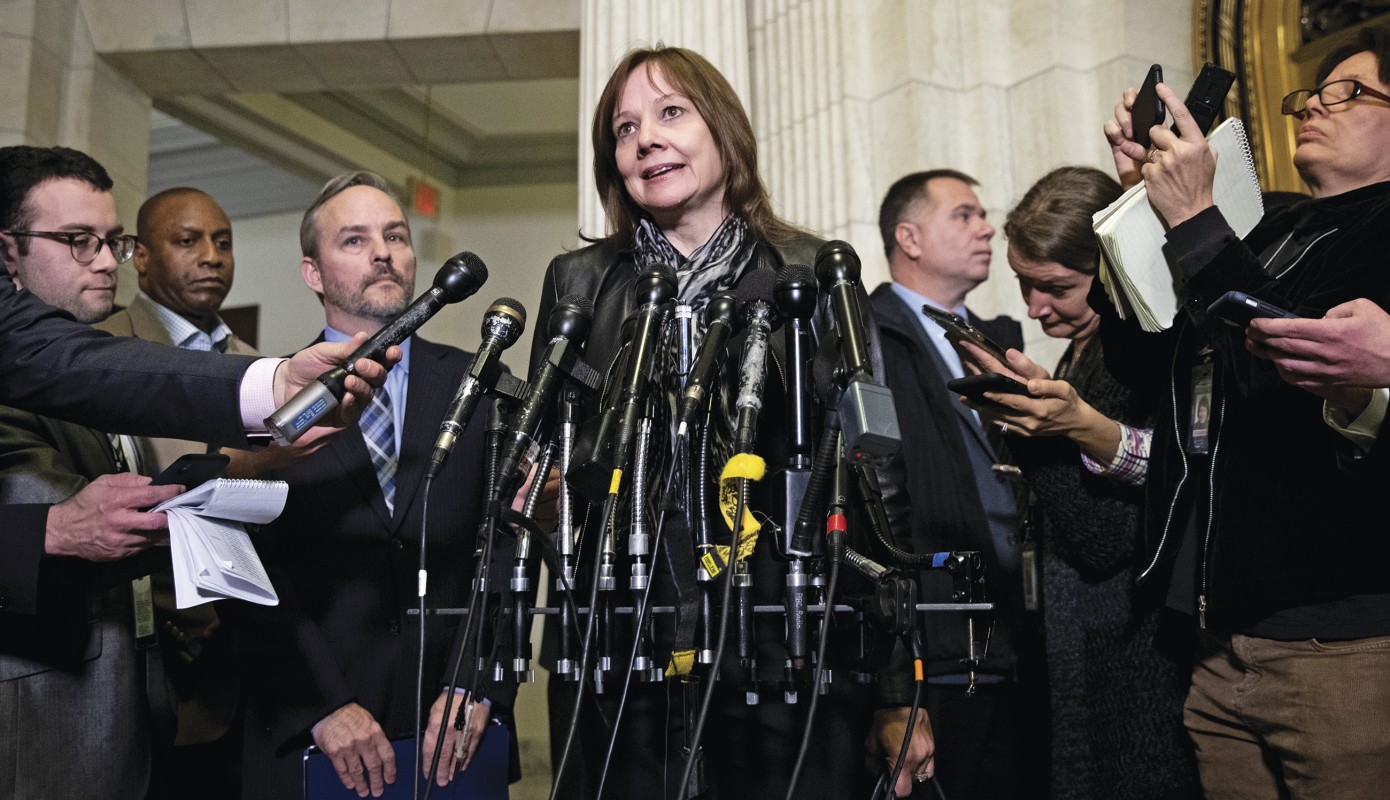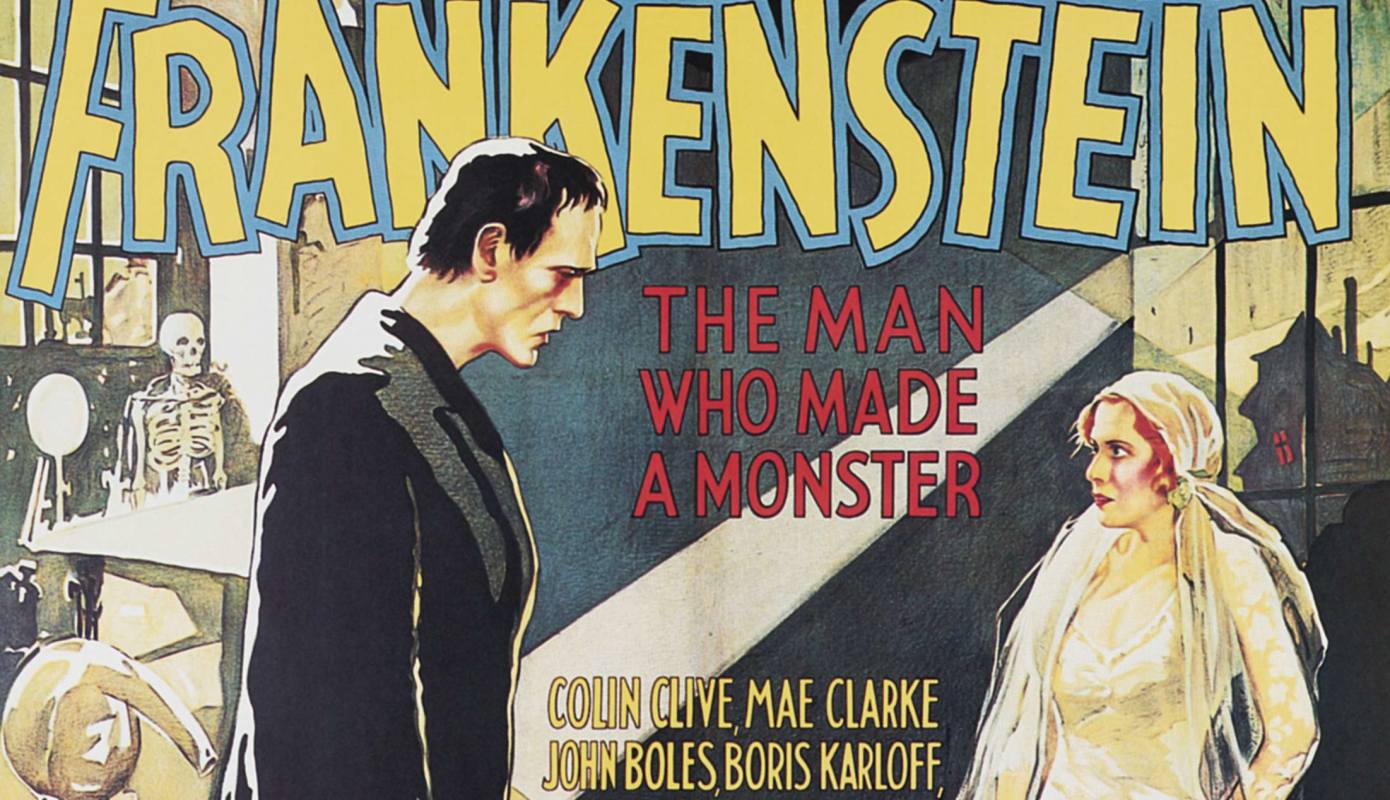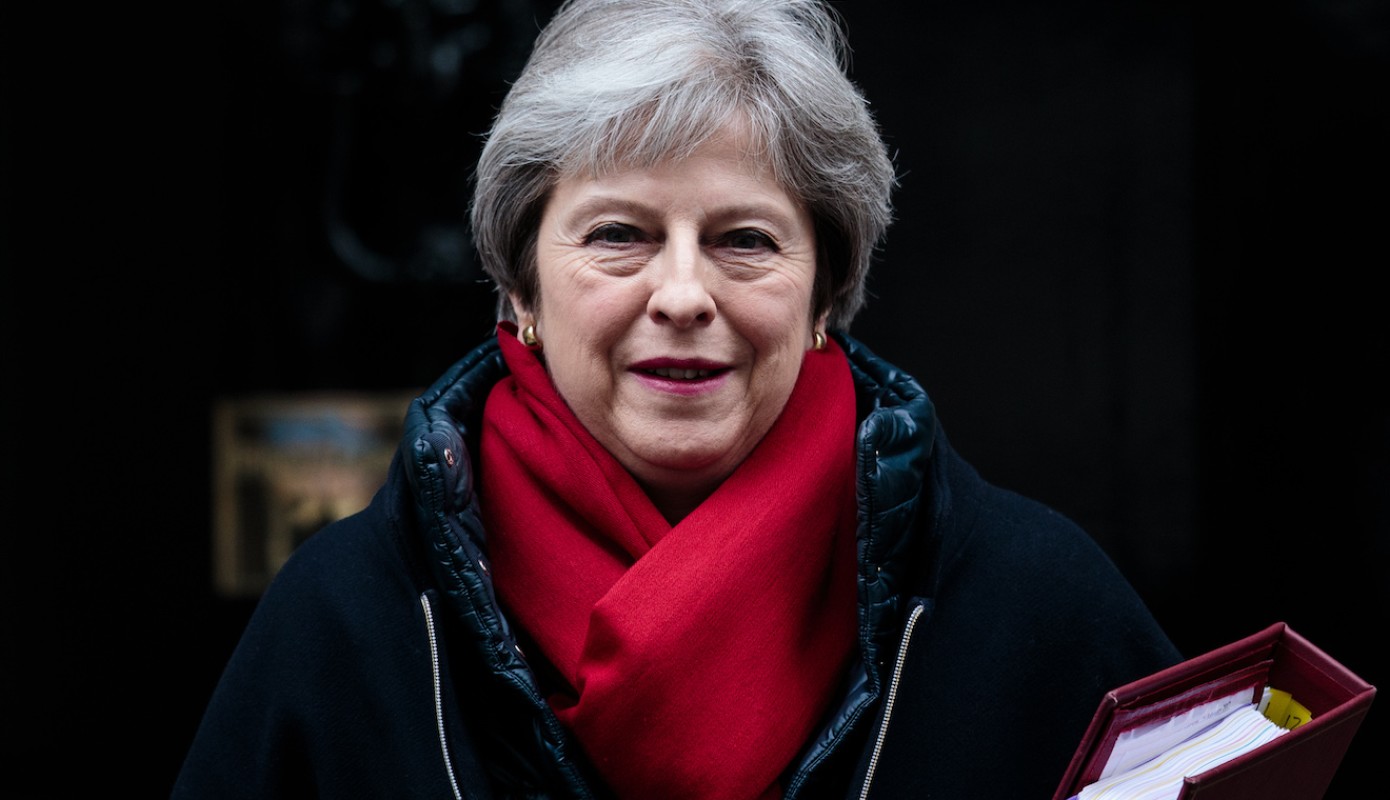Maybe you have to live in the bleak midwinter to get it. Maybe you have to see the countryside in its ash-white purity to understand—the landscape burnt-over by the dead indifferent cold. Maybe you have to wonder, as you wander out under the distant stars, what it would mean to live in a universe that cared.
Or maybe, before you see, you have to step off the curb of a city street and splash into the slush of a pothole. Maybe you have to trudge up some alley, slipping with each step on the unshoveled snow, stained and crushed to patterned ice by the delivery trucks. You know that strangely sweet and sickly smell of the exhaust from diesel engines on a cold morning? Maybe you have to notice the odors of the city—the avenues insensible with crowds of harried people, hurrying about their business. Maybe you have to notice the paper cups of beggars and the pots of the red-robed Santas, ringing their Salvation Army bells while their breath steams out toward the passing taxis. Maybe you have to feel the cold heart of the city before you grasp what it would mean to live in a world of concern.
I’ve always thought depressed people understand Christmas best. Oh, by all psychological accounts, the season only manages to make them more depressed, more vulnerable, more prone to misery. But why wouldn’t it? For the happy and the well-content, everyone out on the other end of the satisfaction spectrum, Christmas may not matter much: just a dollop, a drizzle of sweet frosting, on the wonders of winter. For the disheartened, Christmas looms much larger: the inverse of all they lack. Christmas appears to them as what it is—an image of optimism and hope. A picture of a cosmos capable of love.
My neighbor was decorating his house last month. Well before Thanksgiving, I saw him up on the rooftop, tacking down strings of Christmas lights. Out on the driveway, spilling from the boxes he had hauled from the garage, were plastic candy canes and an inflatable sleigh. A crèche, too, but mostly the secularized and faintly commercial elements of the holiday season: Frosty the Snowman. Illuminated icicles to hang from the eaves. Elves you knew were from the North Pole because they came with a mailbox that read Santa’s Workshop, North Pole.
We chatted a little, once he had come down the ladder, gone back up to get the staple gun he’d forgotten, then come back down again. I joked with him about how mid-November seemed a little early. I hadn’t even gotten my Thanksgiving turkey, but here he was decorating for Christmas. And he admitted the season had spilled its banks, pouring out of Advent. The grocery store had its first Christmas items for sale the week before Halloween. Still, he told me, he just enjoyed getting ready for the holiday too much to let it wait. And back he went to work, illuminating his house with all the paraphernalia of the season.
The curious thing is that without Christmas there might not be lights for him to put up. Or electricity and plastic and all the strange gifts of human progress—since Christmas gave us the idea of progress. Optimism. Hope.
A sense of the world as moving toward a goal, a picture of humanity as changing in history, begins with the gradual absorbing into the human psyche of the idea that history is meaningful. And that idea spreads into the world from the belief that God has entered history. At the highest metaphysical level, the divine cares about the temporal order. At the furthest reaches of being, the supernatural is concerned with the natural.
As a culture these days, we may lack a clear vision of where that progress is going or even (given the number of the fashionably pessimistic) of what makes it progress. But the key is the sense that time matters. And that came to us from Christmas. In the traditional church calendar, Advent is a penitential season, precisely in order that Christmas would mark a difference—just as progress, optimism, and hope take their meaning from a sense of a darkness that came before.
Maybe, to get it, you have to see the snowy fields, still and lonely beneath the frozen sky. Or maybe you have to plunge into the winter city, your cold hands jammed into your pockets as the uncaring crowds stream by. Or maybe you just have to put up some decorations. But one way or another, Christmas promises that there is a light in darkness, a fire in winter. And therefore be you merry. Set sorrow aside, as the old carol insists . Christ Jesus our Savior was born on this tide.
